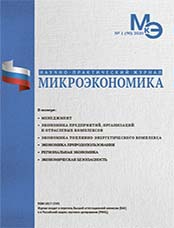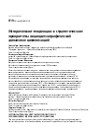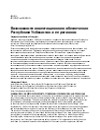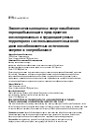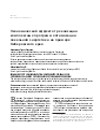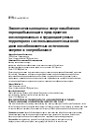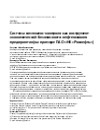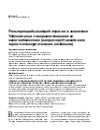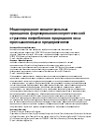Historical trends and strategic priorities of sociodemographic dynamics of civilizations
DOI: 10.33917/mic-5.94.2020.107-122
The article describes the basic theory and methodology of integral forecasting demographic and social dynamics of civilizations taking into account regularities of cyclical dynamics using statistical data from the world Bank, examines the socio-demographic trend of the development of civilizations in early XXI century. The article reveals the content and structure of the current demographic crisis as an integral part of the civilizational crisis, taking into account the impact of the pandemic coronavirus and the global economic crisis 2020. Substantiated scenarios of demographic and social dynamics of civilizations for the period up to 2050, and identifies strategic priorities to overcome the crisis and substantiates proposals on enhancing the UN’s role in forecasting and management of socio-demographic dynamics of civilizations.


